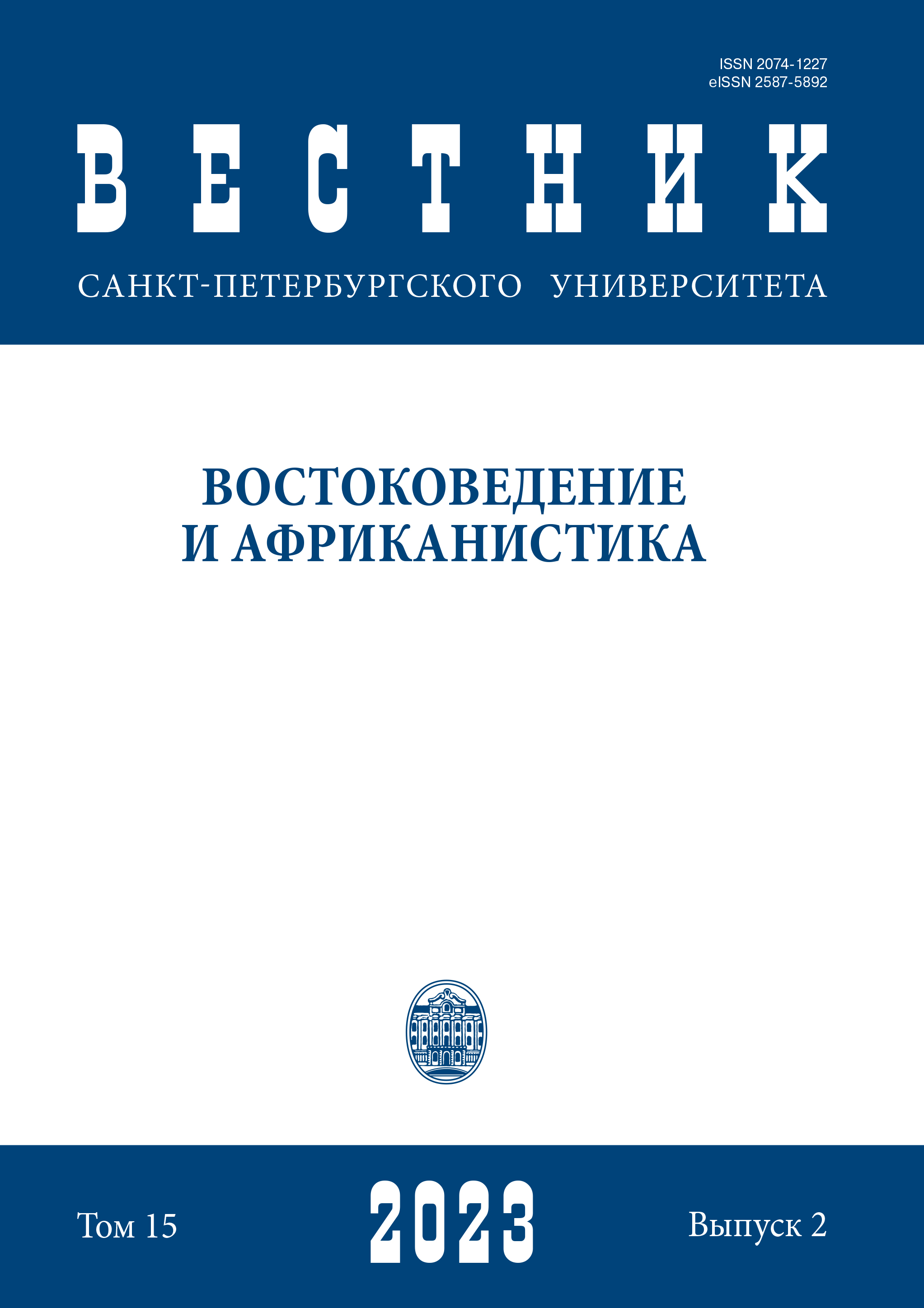Changing the Image of Woman and the Family Model: Rethinking the Traditional Way of Life in the Current Realities of Japanese Society
DOI:
https://doi.org/10.21638/spbu13.2023.211Abstract
The paper focuses on the study of the image of Japanese mothers in modern Japanese society in the context of rethinking the traditional way of life. In the course of the research, there was made an attempt to establish what underlies the value model of modern Japanese women and to analyze the degree of influence of habitual traditional gender stereotypes. The author considers the phases of the formation of the family institution in Japan and states that the principles of Confucian ethics, manifested in the presence of moral norms of behavior, attitudes and prescriptions, can be traced in the minds of modern Japanese. However, in the conditions of accelerated socialization of women and the ongoing process of atomization of
families, the burden of responsibility from traditional expectations put on a woman increases, leading to adverse consequences in the form of “neuroses in the background of raising children”. The article discusses the changes in the structure of female employment over the past decades, in order to identify problems associated with the distribution of gender roles and the changing position of Japanese women in society. As a result of the study, it was suggested that despite the tendency in Japan to shift the value model towards individualism, the features of traditional family ideology are preserved, as evidenced by the presence of numerous proverbs and idioms of the Japanese language dedicated to family relationships and based on Confucian ethics. In such a society, social roles and labor functions are still divided and consolidated, the observance of the hierarchy is maintained, despite the disintegration of traditional ties, social division, separation from the clan and large family groups.
Keywords:
Japanese women, Japanese mother, transformation of the views, gender stereotypes, generation of social connections
Downloads
References
Downloads
Published
How to Cite
Issue
Section
License
Articles of "Vestnik of Saint Petersburg University. Asian and African Studies" are open access distributed under the terms of the License Agreement with Saint Petersburg State University, which permits to the authors unrestricted distribution and self-archiving free of charge.





